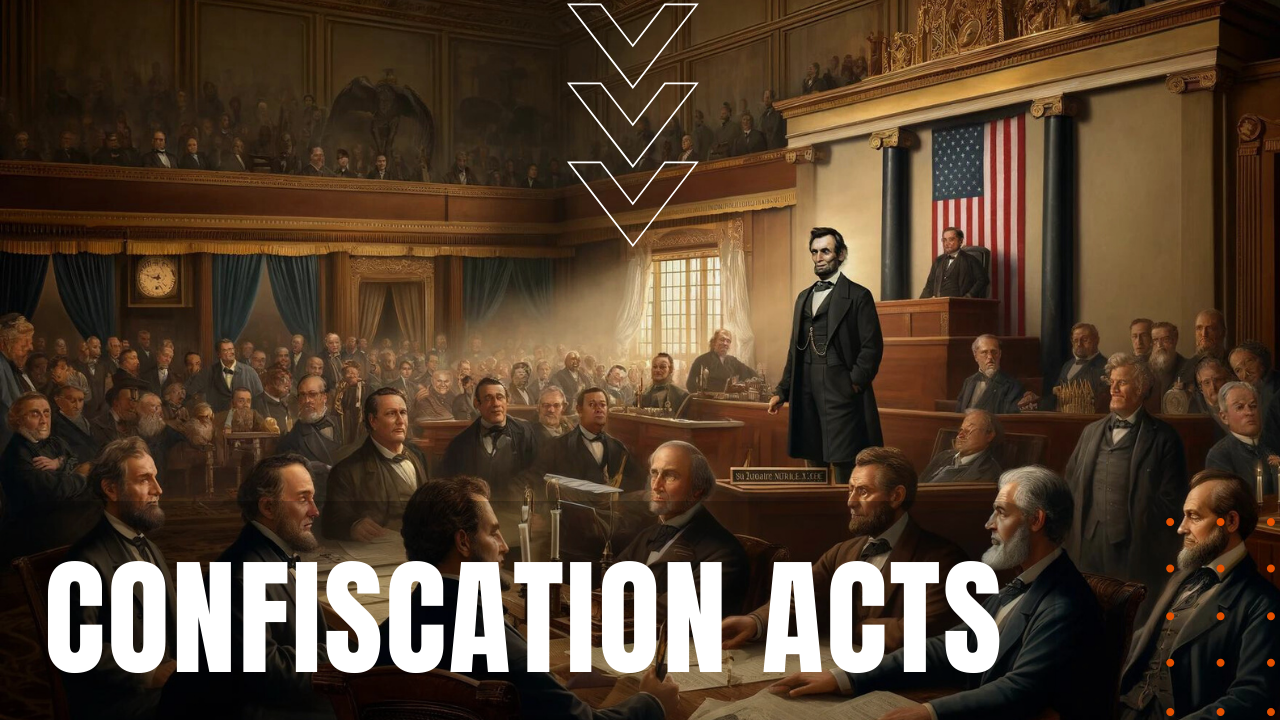-
May 23, 2024
Woodrow Wilson’s White House Sheep
During World War I, President Woodrow Wilson kept a flock of sheep on the White House lawn to save money on groundskeeping and support the war effort. The sheep were sheared and their wool was auctioned off to raise funds for the Red Cross.
-
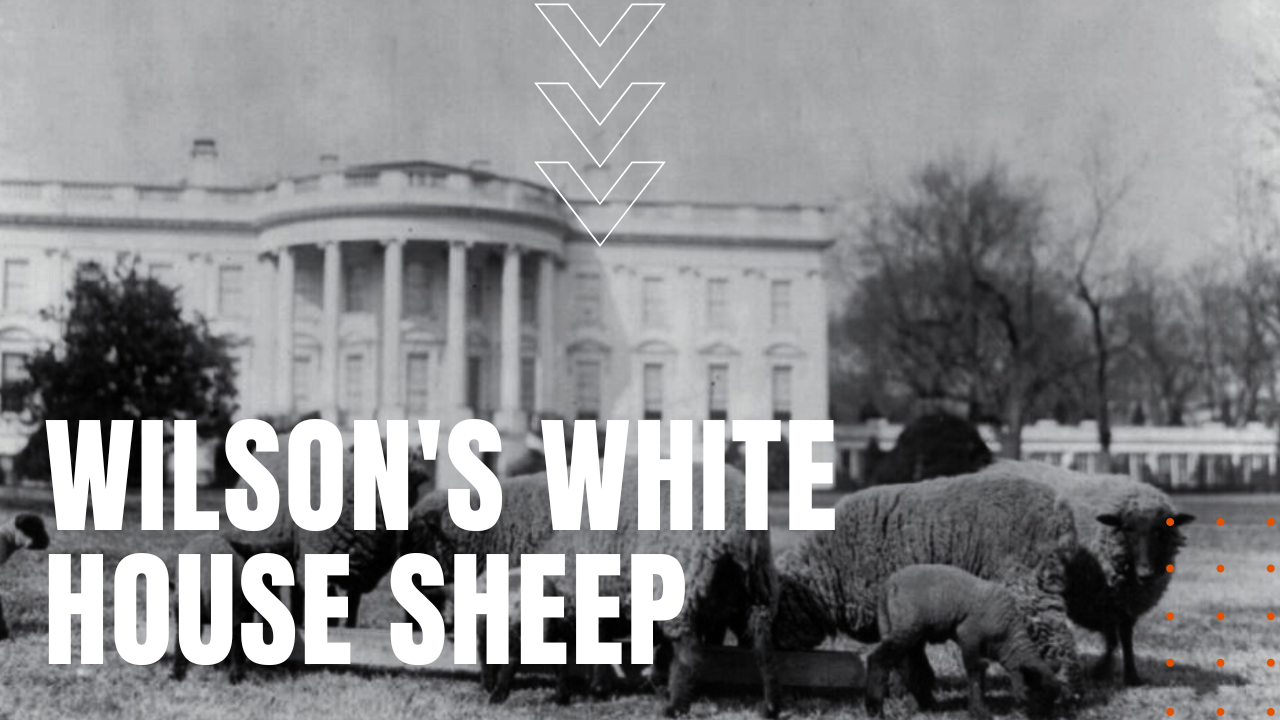
-
May 14, 2024
Delta Blues
Delta Blues is a genre of music that originated in the Mississippi Delta region in the early 20th century. It is characterized by its raw and emotional sound, often featuring slide guitar and harmonica. Delta Blues has had a significant influence on the development of rock and roll music.
-
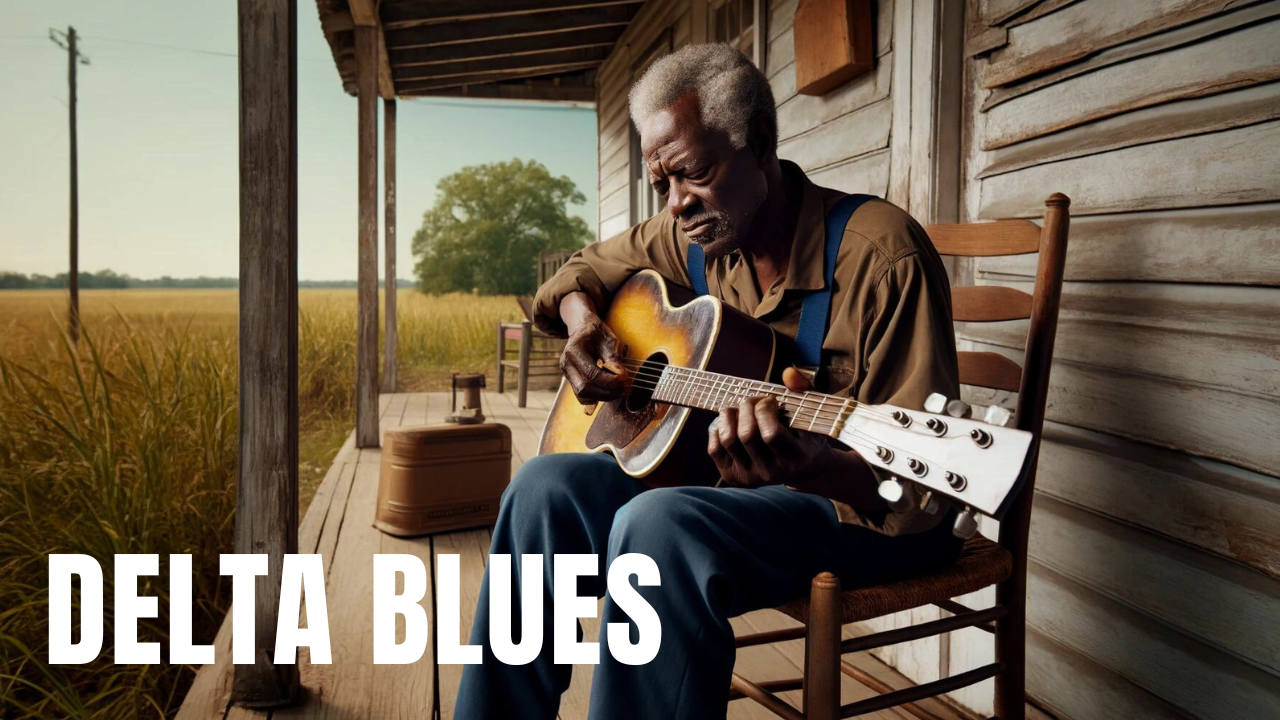
-
May 7, 2024
Resignation of George Washington
George Washington resigned his commission as Commander-in-chief of the Continental Army, after his tireless sacrifice to the cause of American independence from Great Britain.
-
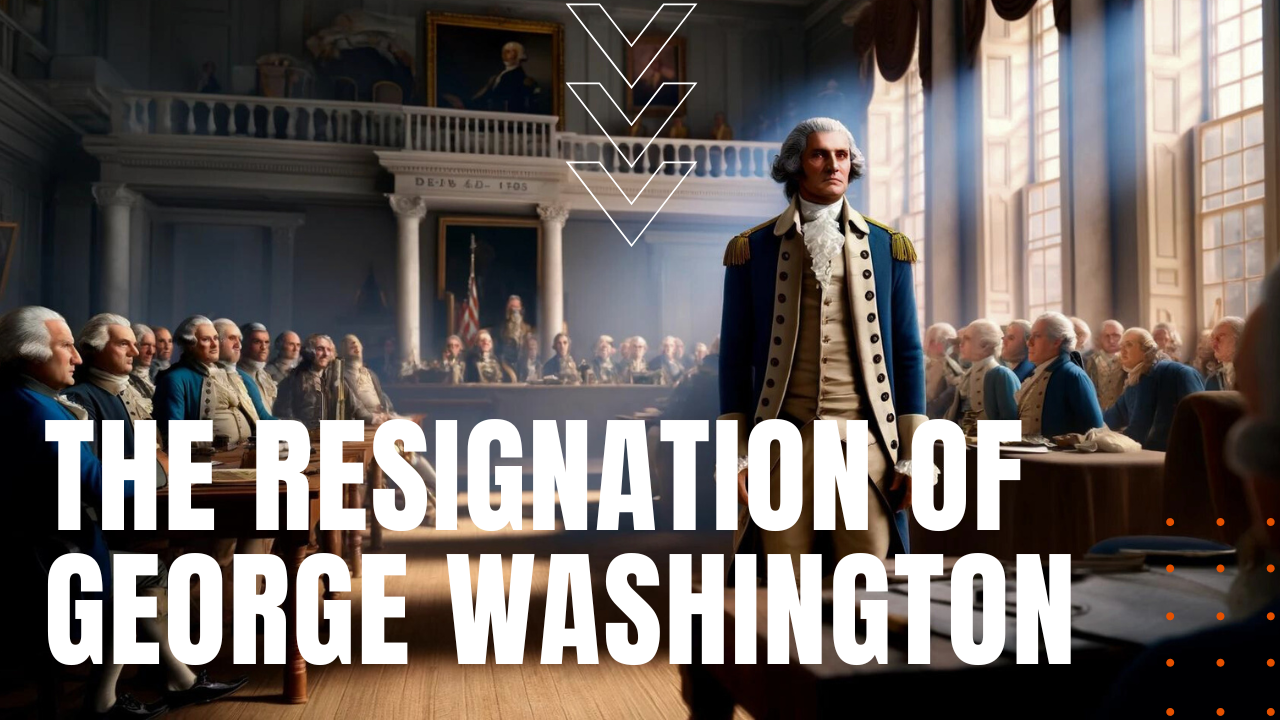
-
May 2, 2024
The Great California Flood of 1862
The Great California Flood of 1862 was a catastrophic event that resulted from weeks of heavy rainfall, causing widespread flooding throughout the state. The flood destroyed homes, farms, and infrastructure, leading to significant economic and social impacts. It remains one of the most devastating natural disasters in California’s history.
-
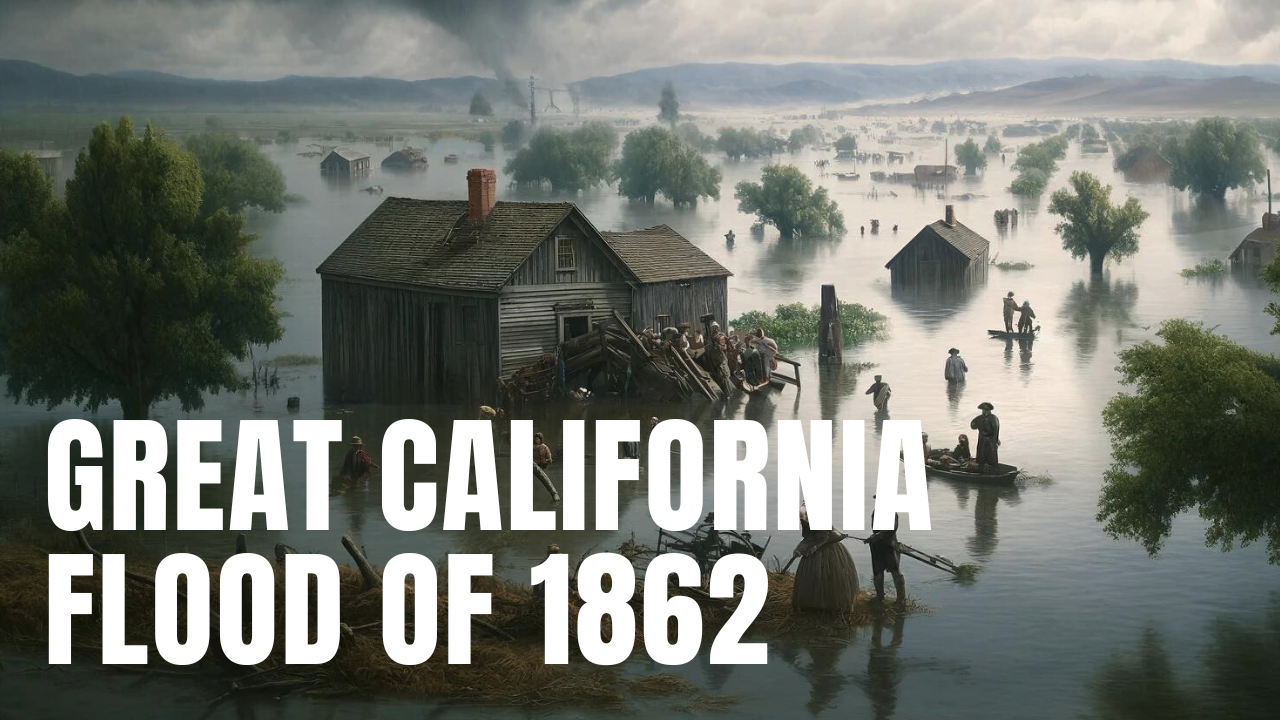
-
April 25, 2024
The Patent Office Fire of 1836
The Patent Office Fire of 1836 in Washington D.C. destroyed thousands of patent records and models, leading to a significant loss of valuable intellectual property. The cause of the fire was never definitively determined, but it highlighted the need for better fire prevention measures and the importance of protecting intellectual property.
-
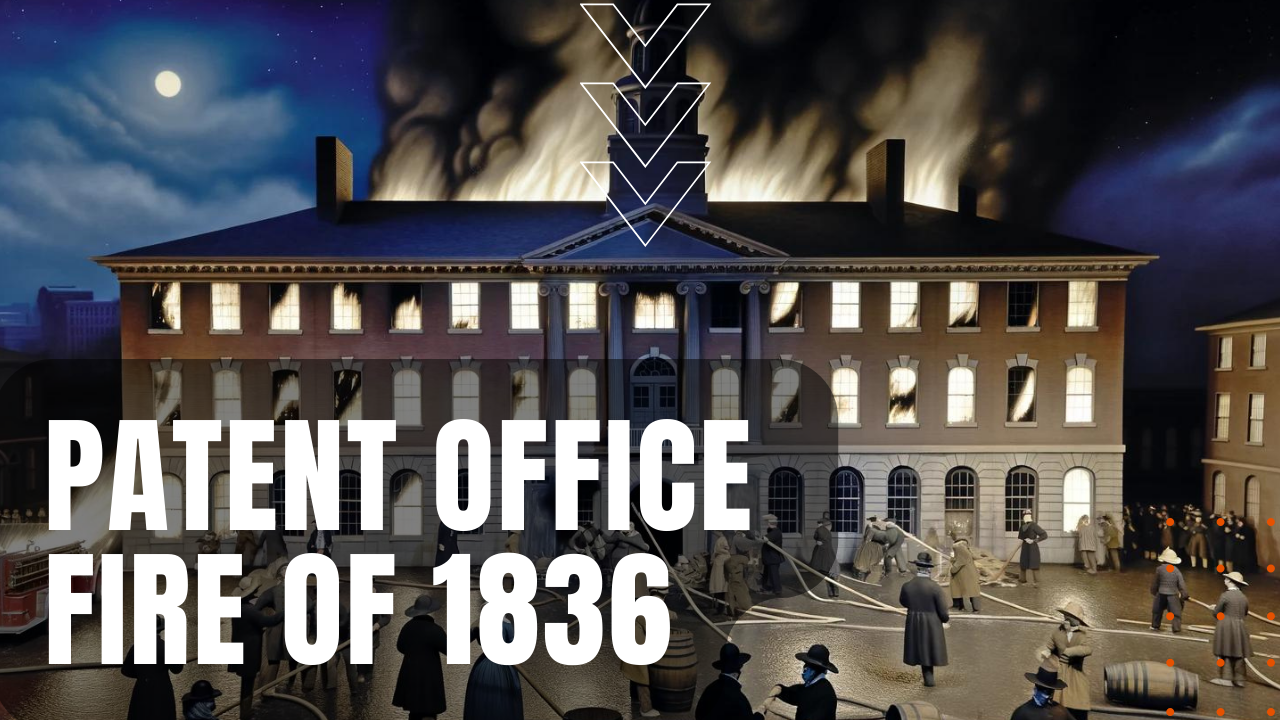
-
April 19, 2024
The Gullah Geechee
The Gullah Geechee are descendants of enslaved Africans who have preserved their unique culture and language in the coastal regions of the southeastern United States. They have a rich heritage of storytelling, music, and cuisine that reflects their African roots and the hardships they endured during slavery. Today, they continue to celebrate and honor their heritage through festivals and cultural events.
-
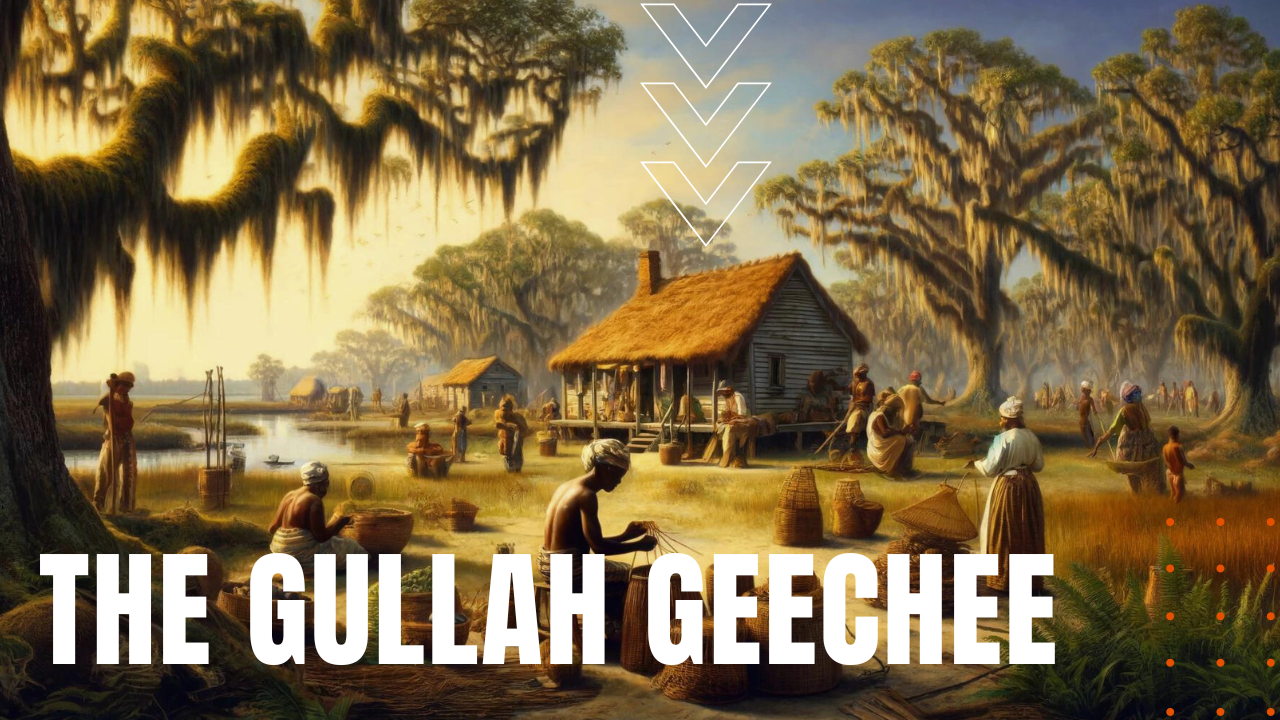
-
April 9, 2024
The Confiscation Acts
The Confiscation Acts were a series of laws passed by the United States Congress during the Civil War that allowed for the seizure of property, including slaves, from Confederate supporters. These acts were aimed at weakening the Confederacy and punishing those who supported the rebellion.
-
